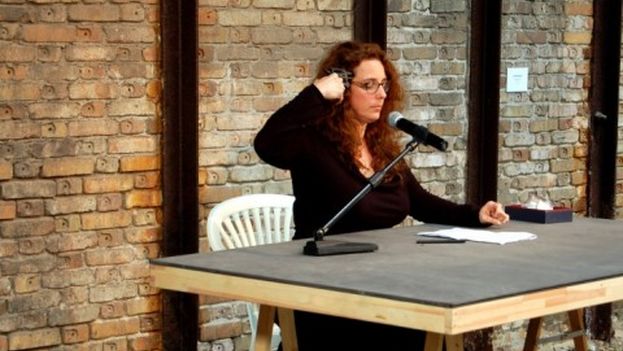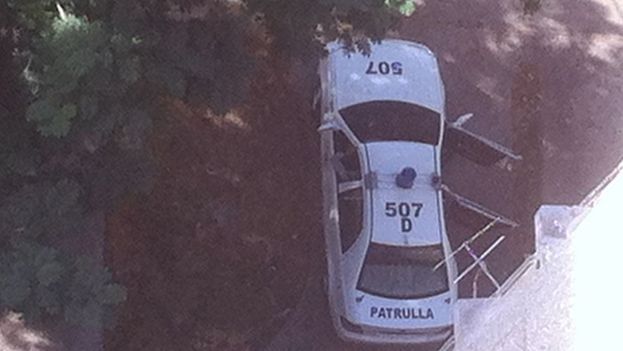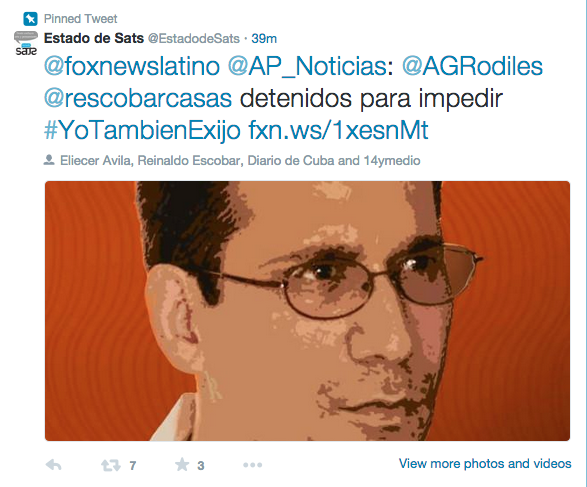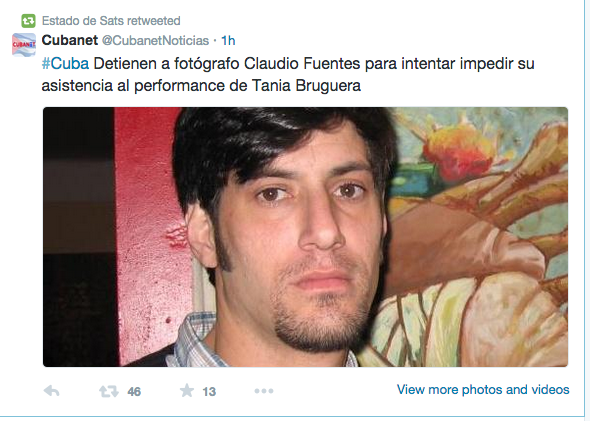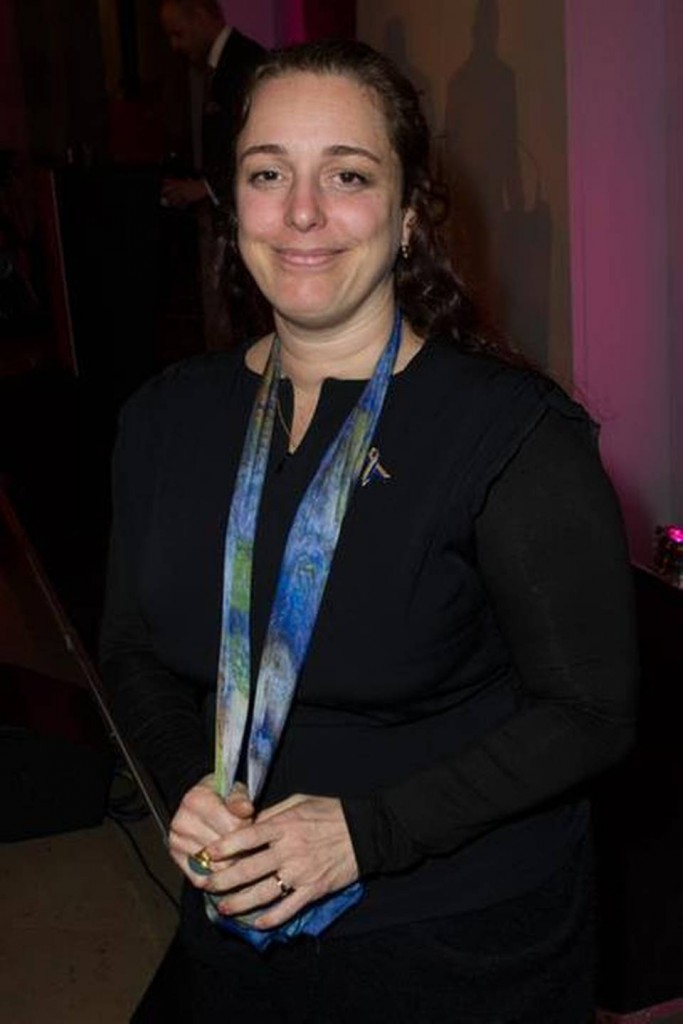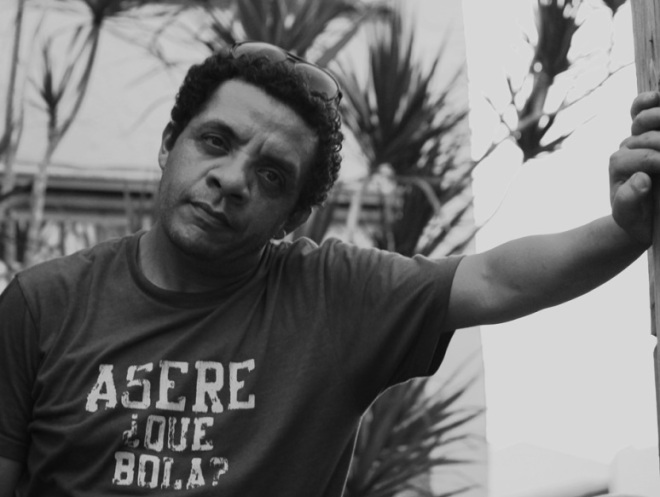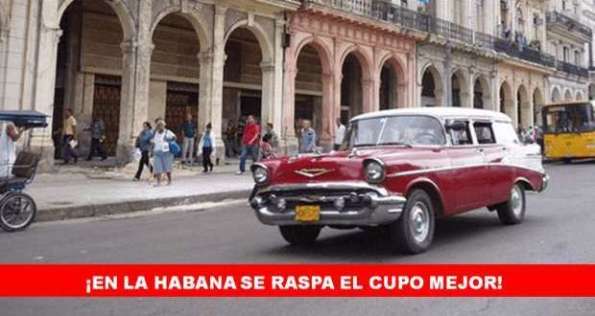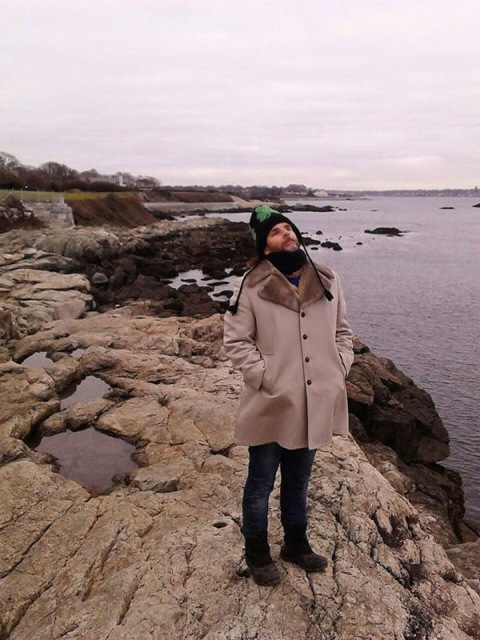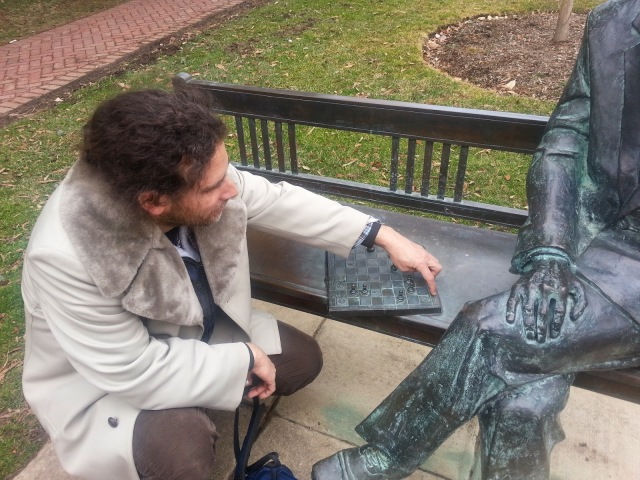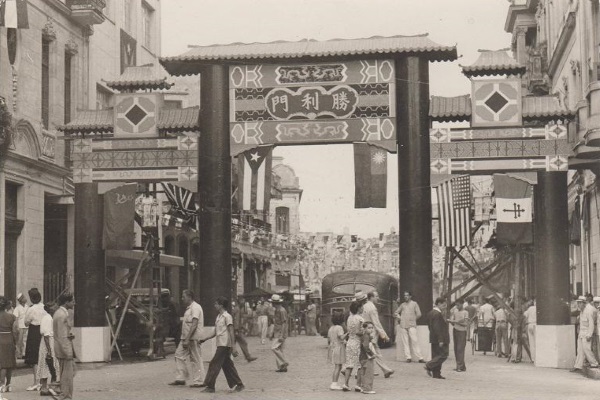
Yoani Sanchez, Havana, 31 December 2014 – Those of us who participated in that first edition of Tatlin’s Whisper in Havana will never forget that minute of freedom in front of the microphone that would cost us years of official insults. The project to reenact the performance, but this time in the Plaza of the Revolution, invariably brought back to us memories of that night in the Wilfredo Lam center and the hope that this time the microphones would be open to a larger number of Cubans. I confess that I came to reflect on where it would be best to raise the podium, to place the actors dressed in olive-green who would regulate the time of each person’s speech, and how the white dove would look, fluttering over the shoulder of each orator.
On the eve of December 30 I talked with Tania Bruguera who, hoarse and exhausted, already felt the cage closing around her. All the signs pointed to their not allowing her to even reach the Plaza and the political police unleashing a wave of repression against those who wanted to accompany her. I ventured to describe three possible scenarios she might face: that they would not let her leave her home, or would arrest her; that they would let her get to the plaza which would be taken over by a last-minute popular festival with cheap beer, parades and loud music; that they would let her stage Tatlin’s Whisper, but fill the time at the microphone with voices shouting official slogans. There was no way to add to these variables one that would conclude with a chorus of plurality and tolerance making itself heard in front of the statue of José Martí.
In that conversation I told her that “The performance is already done; the artistic action achieved,” because with her project Bruguera had unveiled the framework of censorship, cultural cowardice and repression that immobilizes Cuban life. Many of her artist friends had declined to accompany her, some acquaintances had called on her to concede and move Tatlin’s Whisper to the interior some institution and others, more committed, had warned her that there was a plan to “abduct her from the Plaza.” From the early hours of the morning the macabre dance of arrests and intimidation began.
Ladies in White, activists, journalists and dissidents were jailed or blocked from leaving their homes. Many communicators had their cellphones cut off, text messaging cancelled and access to the government-operated Nauta email system restricted. In a whisper, information about what was happening began to surface. The 14ymedio team suffered a hard blow, with two reporters and a contributing writer arrested and our press office under a police operation for hours. The list of the jailed was growing and as communications began to work again we started calling each other to keep ourselves up-to-date.
But the whisper turned into Tatlin’s cry. One that is now heard through the phone lines, on Twitter, outside the police stations, where family members demand to spend the last day of the year with their loved ones. There is no microphone, no white dove, no one minute of freedom, but rather long hours of suffering and uncertainty.
Tania, among all the scenarios we projected, we missed this one. You in jail and from there, dressed in the gray uniform of an inmate, you performed the most devastating and unforgettable of all your artistic actions. The Plaza is today in each one of us.

